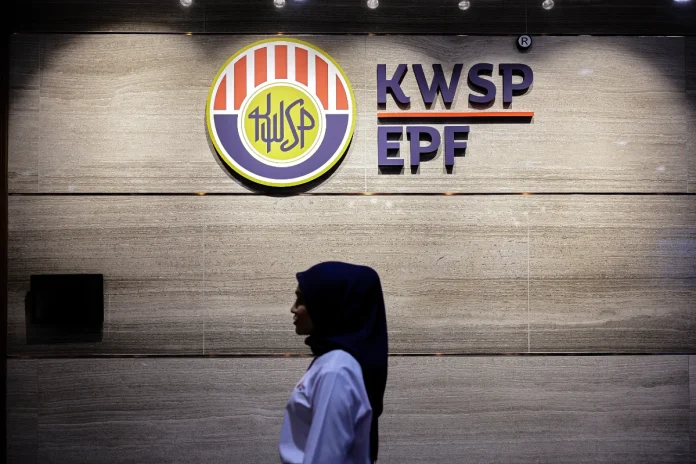The initiative, supported by the government through the i-Saraan programme, offers significant potential for compounding growth and long-term financial preparedness.
PETALING JAYA: Encouraging parents to contribute early to their children’s EPF accounts could play a vital role in strengthening Malaysia’s long-term savings culture and financial security, said Universiti Teknologi Malaysia Faculty of Management economist Prof Dr Nanthakumar Loganathan.
He said the initiative, supported by the government through the i-Saraan programme, offers significant potential for compounding growth and long-term financial preparedness.
“It will ensure faster growth in retirement savings for children, which can be very useful when they reach their golden years under what’s known as Akaun Emas. The long-term goal is to boost savings culture and prepare the nation for its ageing population by 2050.”
Nanthakumar said i-Saraan stands out for its simplicity and accessibility.
“Parents should consider it since the government provides a maximum RM500 incentive per child and registration can be done easily through the EPF website without the paperwork typically required by insurance companies.”
He added that early contributions could help close future financial gaps.
“Malaysia will become an ageing nation by 2050 and today’s children under 15 will form the core of the workforce in 25 years. Early contributions made now could shield families from economic uncertainties and ensure financial stability in the years ahead.”
However, he stressed that wider awareness and education are crucial for the programme’s success.
“If the government actively promotes this scheme through mass media and roadshows, it could strengthen household financial security nationwide. The real challenge is ensuring that Malaysians from all levels of society know this programme exists.”
Nanthakumar also reassured that EPF’s monitoring and documentation would ensure transparency and safeguard contributors’ funds, adding that government agencies must step up outreach and public education efforts.
Meanwhile, Universiti Teknologi Mara Department of Economics and Financial Studies senior lecturer Dr Mohamad Idham Md Razak said i-Saraan marks a meaningful step towards early financial inclusion and disciplined saving habits among young Malaysians.
“By introducing them to structured, long-term saving mechanisms at an early age, the initiative cultivates financial literacy, encourages goal-based planning and familiarises youth with the concept of retirement preparedness – laying a strong foundation for lifelong financial resilience.”
Mohamad Idham cautioned, however, that the initiative must remain inclusive.
“There’s a risk it could widen the wealth gap if not accompanied by targeted support. Families with higher disposable income are more likely to contribute regularly, giving their children a financial head start, while lower-income households may not be able to participate meaningfully.”
He suggested that the government consider matching contributions for lower-income families or integrating the initiative with existing youth-focused financial aid programmes to ensure fairness and accessibility.
He also said encouraging early EPF contributions could shape how young Malaysians view work, savings and long-term planning.
“It fosters a proactive attitude towards financial independence and reinforces the value of delayed gratification and responsible money management.
“If effectively promoted through schools, digital platforms and community outreach, it could normalise retirement savings as a lifelong practice rather than a late-life concern.
“The initiative can shift societal norms towards greater financial foresight and national retirement readiness.”








